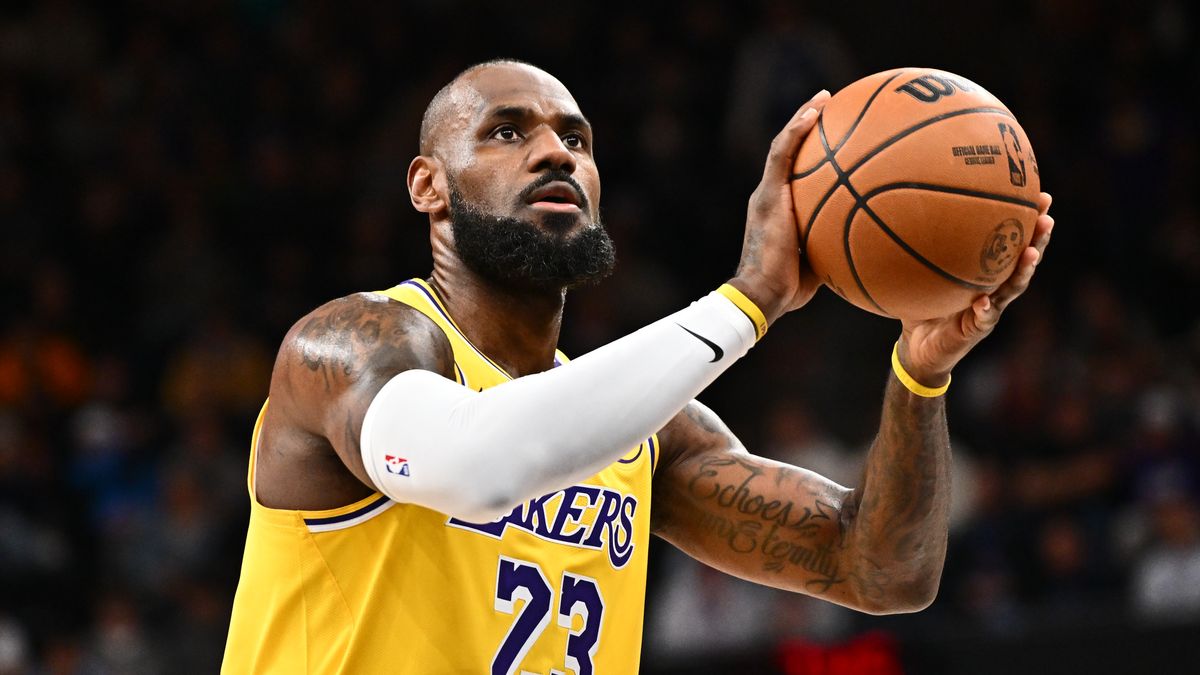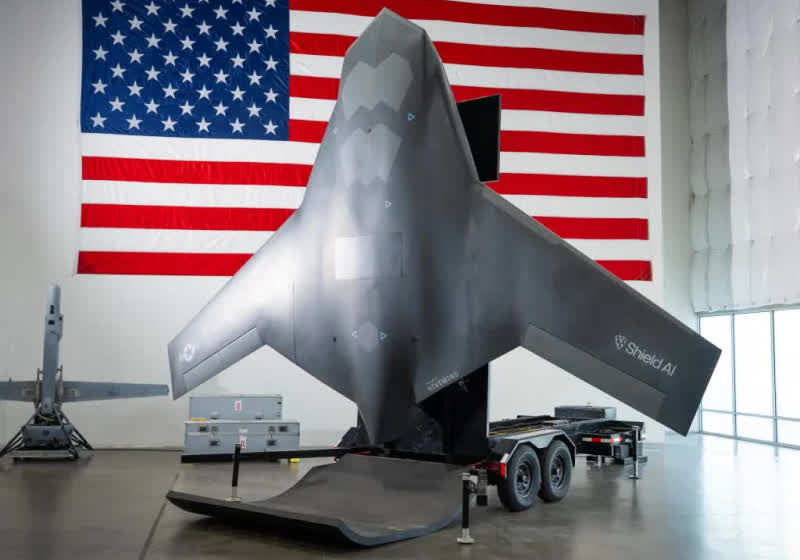Not long into his new documentary, Oobah Butler tells the cofounder of his newly minted company, Drops, that they should create a piece of luxury luggage that “looks like a bomb” and will sell for $200,000.
Immediately, I’m thinking his quest to get £1 million in 90 days might have come to an early end.
But I’m wrong.
Butler is a British prankster documentarian who is known for his stunts, like managing to get Amazon to sell its drivers’ urine as energy drinks or creating a fake restaurant called the Shed and gaming TripAdvisor to make it the top-rated London restaurant on the platform. His latest documentary, made for the UK’s Channel 4, is called How I Made £1 Million in 90 Days. Set in London and New York, it takes on the worlds of startups, venture capital, crypto, and what ultimately comes across as a lot of bullshitting, in the name of striking it rich quick.
Butler opens the film by saying, as someone who didn’t grow up with money and isn’t particularly motivated by it, he’s fascinated by the fact that people “idolize” wealthy entrepreneurs.
“It came from a place of wanting to understand why ... everyone is so obsessed with money in this way,” he tells WIRED. “And I'm not talking about survival. I'm not talking about affording to exist. I'm talking about ... being addicted to the making of money.”
His only rules for getting £1 million ($1.3 million USD) are that he’s not allowed to break the law and whatever costs he incurs trying to make it are his to bear. He employs several strategies to rack up the cash, including simply asking rich people for it (this doesn’t go well) and creating hype for crypto company UNFK by doing things like tricking bankers into committing crimes on camera. He also creates Drops, a company that makes news for its controversial stunts and then tries to capitalize on the attention by selling “very overpriced” items.
Butler seeks the advice of Venmo cofounder Iqram Magdon-Ismail, who quickly declares himself Butler’s cofounder on Drops and seems very enthusiastic at first, musing that the company is already “worth at least $10 million” just because the two of them are attached to it, and that they might be able sell out Madison Square Garden in a year’s time to tell their story. Their brainstorming session includes schemes for buying the first piece of land on Mars and selling the opportunity to name the “first branded species.” But after Butler suggests the bomb-like suitcase and a pair of “real life ad blocking sunglasses” that remove the wearer’s vision entirely, Magdon-Ismail temporarily ghosts him.
Butler then embarks on a memecoin adventure that goes south, before coming back to Drops and launching the “first legal child sweatshop in Britain in over a century.” He finds a loophole to avoid paying the child workers, reasoning that because he is filming the kids for the documentary, they are technically performers. His underage staff help him come up with marketing ideas to sell bespoke soccer jerseys featuring a fake religious cigarette brand called Holy Smokes. Though the clothing line gets coverage in GQ, Butler doesn’t sell anything close to £1 million worth of jerseys.
There are more ups and downs, culminating in a reunion with Magdon-Ismail as Butler is still short of his goal and running out of time. So Magdon-Ismail introduces Butler to a group of investors where Butler tries to auction off himself—or more specifically, a 10 percent stake in him for the rest of his life—for £1 million. (“What if he gets hit by a car tomorrow?” one potential investor asks in earnest.)
While hilarious, the documentary is an eye-opening commentary on the house of cards many modern business ventures seem to be built on. It’s also a study of society’s obsession with getting rich, which has only blossomed with the rise of influencer and manosphere-led self-help advice.
WIRED asked Butler what he learned from doing business with 1 percenters, if he feels compelled by hustle culture, and how he keeps convincing people to be a party to his ridiculous hijinks.
This interview has been edited for length and clarity.
WIRED: What moved you to try to get £1 million in 90 days?
Oobah Butler: It was coming as a result of being bombarded with hustle culture. The most influential people online seem to be people who are really dedicated to moneymaking. I understand we're at a point where people are really struggling to find any of the things that provide them with security and an easier life. However, I don't think the numbers of the more entrepreneurial podcasts you listen to correlates directly with your comfort in life and the money you make. It's almost like an addictive mindset that somehow makes you feel like you're actively doing something, but it's not actually effective.
Is there a big difference between the hustle culture in the States, or New York, compared to the UK?
I moved from London to New York during the film. The way that people talk about money here, the way that people pursue money here, it's a lot more open and a lot more, in some ways, grotesque. In the UK, we have old money. Most industries are ruled by people who went to the same schools or are from a certain set of families. Old money here is more fringe. The pursuit of money at all costs, without any sense of morality, it's a really interesting thing, and that's kind of what I tried to ground this film in.
You listened to and read a lot of self-help advice from people like Elon Musk and Jordan Belfort [of The Wolf of Wall Street fame]. Did you find it compelling?
There's something that I learned in a film ... which is this idea of, no matter what experience you go through, and how the reality of it is way more complicated, [still] selling it as this massive win. There's almost a shamelessness and an indefatigable nature of these people. Jordan Belfort went to prison for fraud and fucked a load of people over. There's something very New York about, like, doing white-collar crime and then just rolling back out and just starting again.
With respect to some of these ideas, like the first legal child sweatshop, the suitcase that looks like a bomb. When you were bouncing these ideas around with Iqram, what were you going for? Were you trying to get him to be like “no”?
I was trying. I genuinely was. I’m just not a good business guy. I thought that would be a good idea. And it basically led to him fucking completely ghosting me. Everything he says is, like, let's make a dope-ass Shopify for creators. And you know, he's a proper business guy. He made Venmo. I made a fucking fake shed in a restaurant in London. You just try to lean into what you can do.
Do you find it intimidating to be around super wealthy people?
I grew up in a village where it was a lot of very rich families and stuff. My great grandmother was a servant at the local hall, like the Downton Abbey of where we grew up. I've always been around people who are quite posh and quite rich, even though we grew up working class. I'm the youngest of six. So I quite like cosplaying as a different class. In those rooms around these kinds of people, I almost sort of enjoy it a little bit because I know I shouldn't be there.
In the film you mentioned having a struggle with crypto because it doesn't align with you politically. Can you expand on what you meant?
Being a kid in the ’90s and having a mom and dad who were often in a lot of debt and had a lot of issues and always on the edge of fucking losing their house or whatever, seeing them kind of get victimized and fucked over by a pyramid scheme. My dad earnestly had said to me that a lot of the crypto stuff reminds him of the pyramid scheme that they fell victim to, and I suppose that that kind of stuck in my head. The thing that I didn't want to do was make a film about crypto. It just felt too easy. But the film had to be about it because it was about getting rich quick today. And it's like the Wild West. Seems like you can kind of do anything you want in this space without any fear of any consequence.
How comfortable were you selling yourself?
Initially you think, oh OK, so this is a bit odd. But then you think, well, I can have a million tomorrow and I don't immediately have to give anything away. The more I spoke to people about it, the more I felt good about it. Then it becomes a game of, well, I need someone to give me a million at least. But yeah, being on stage and having a room full of private equity people and venture capitalists and stuff discussing the life insurance policy they want to take on you is not the greatest.
After you were done with this, did you feel the urge to keep hustling?
I got addicted to the movement of just shit happening rather than the making of the money. I just think the excitement of being around potentiality is addictive. But to be honest, after this project, I was massively burnt out. The whole thing made me retreat from thinking like that rather than going further down the rabbit hole.

 13 hours ago
2
13 hours ago
2








 English (US) ·
English (US) ·